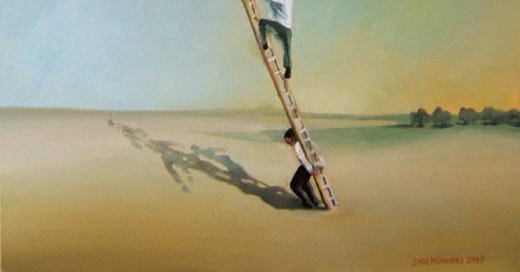HighFlyers (In Low Places)
The false promise of ‘Representation’ constitutes a powerful weapon against marginalised communities.
Keep reading with a 7-day free trial
Subscribe to Her Issue to keep reading this post and get 7 days of free access to the full post archives.




